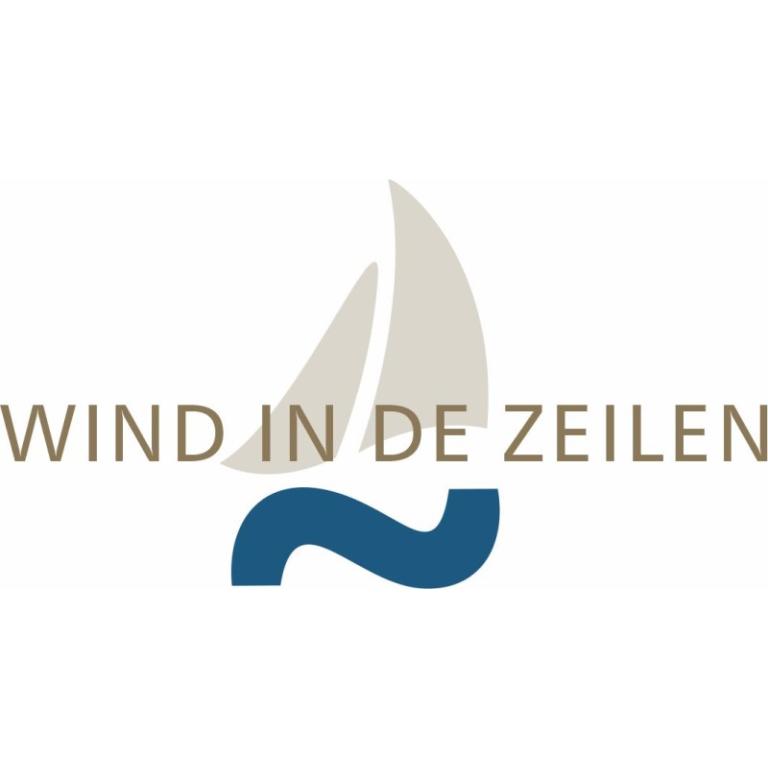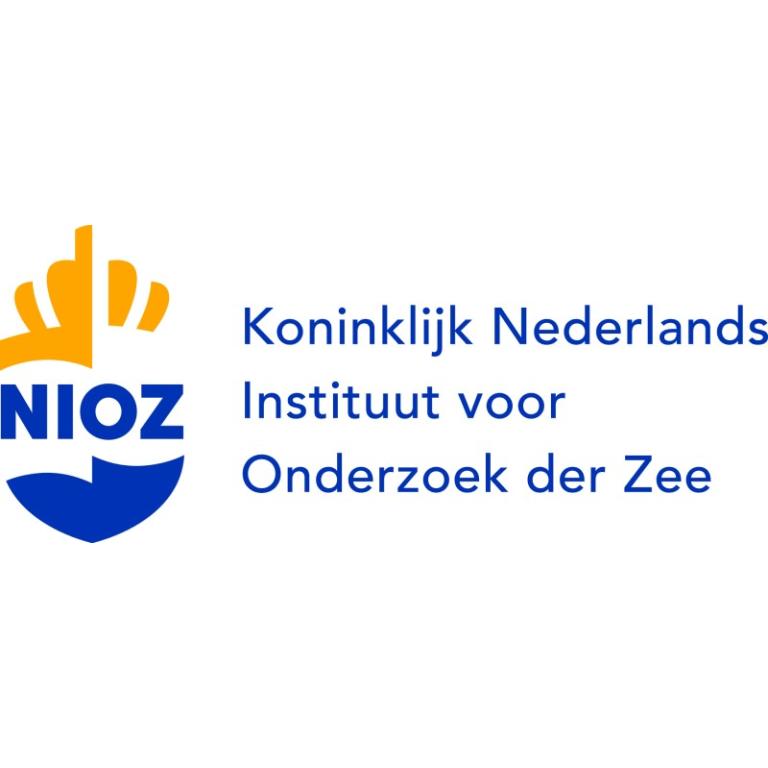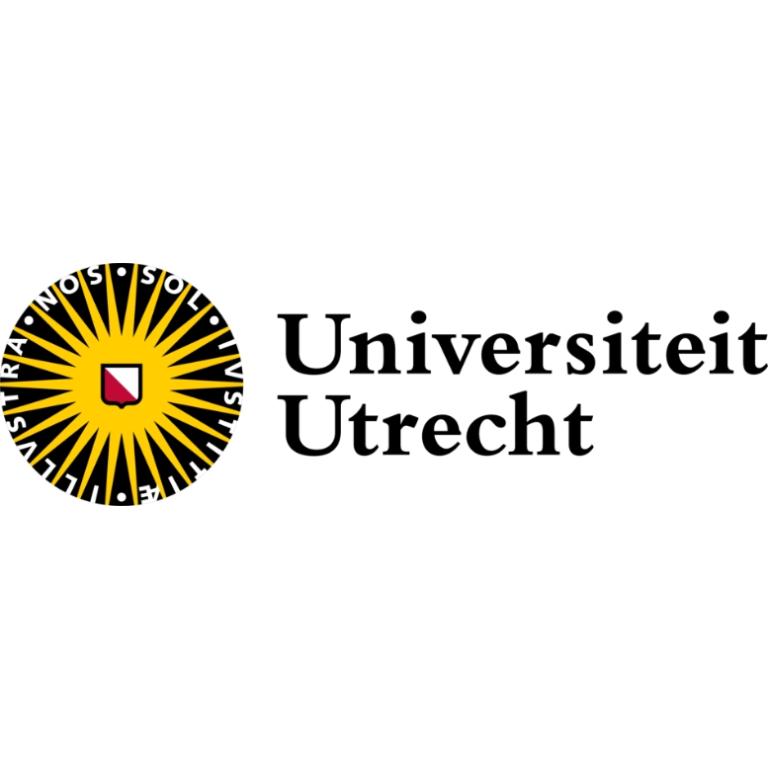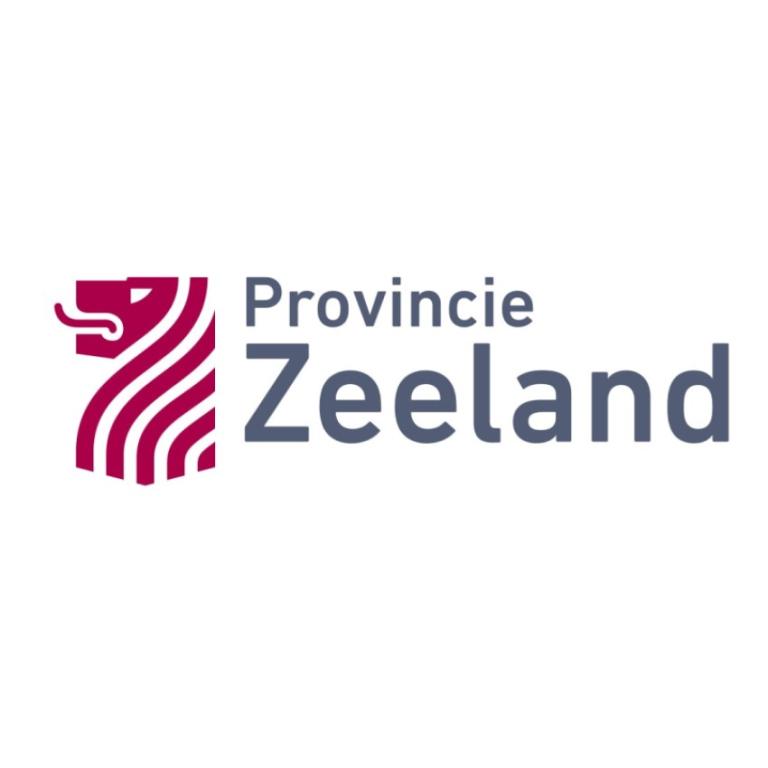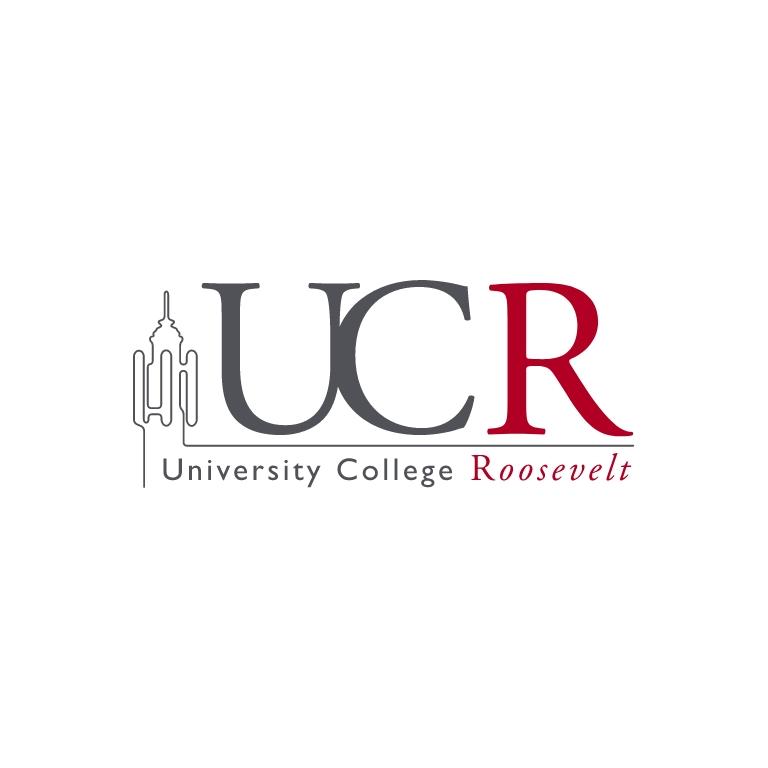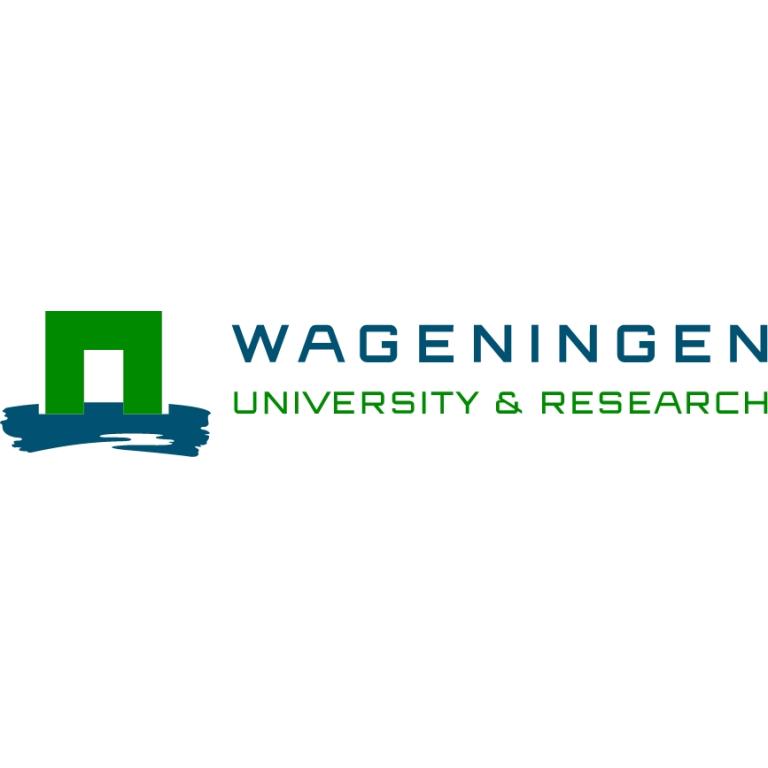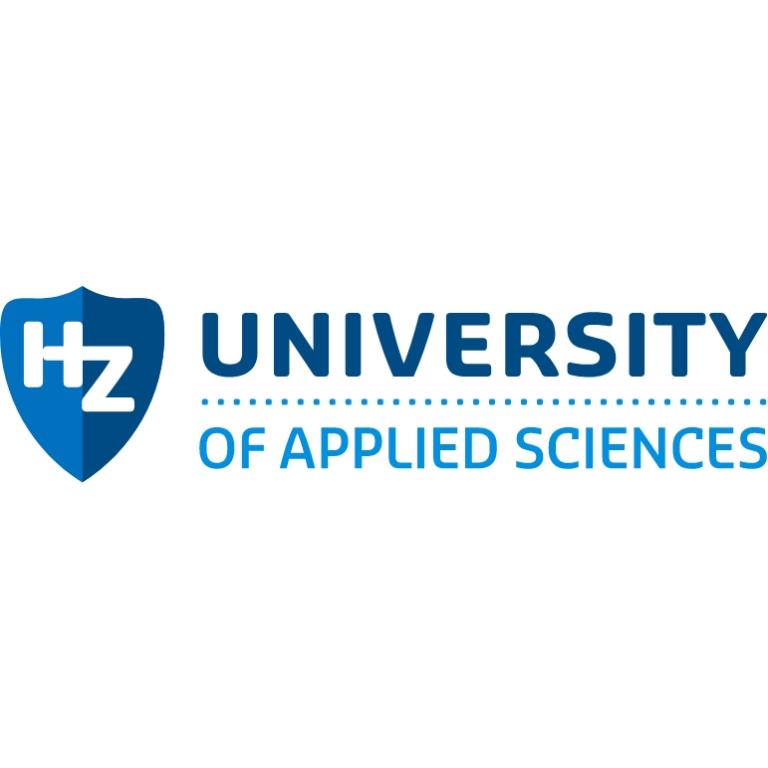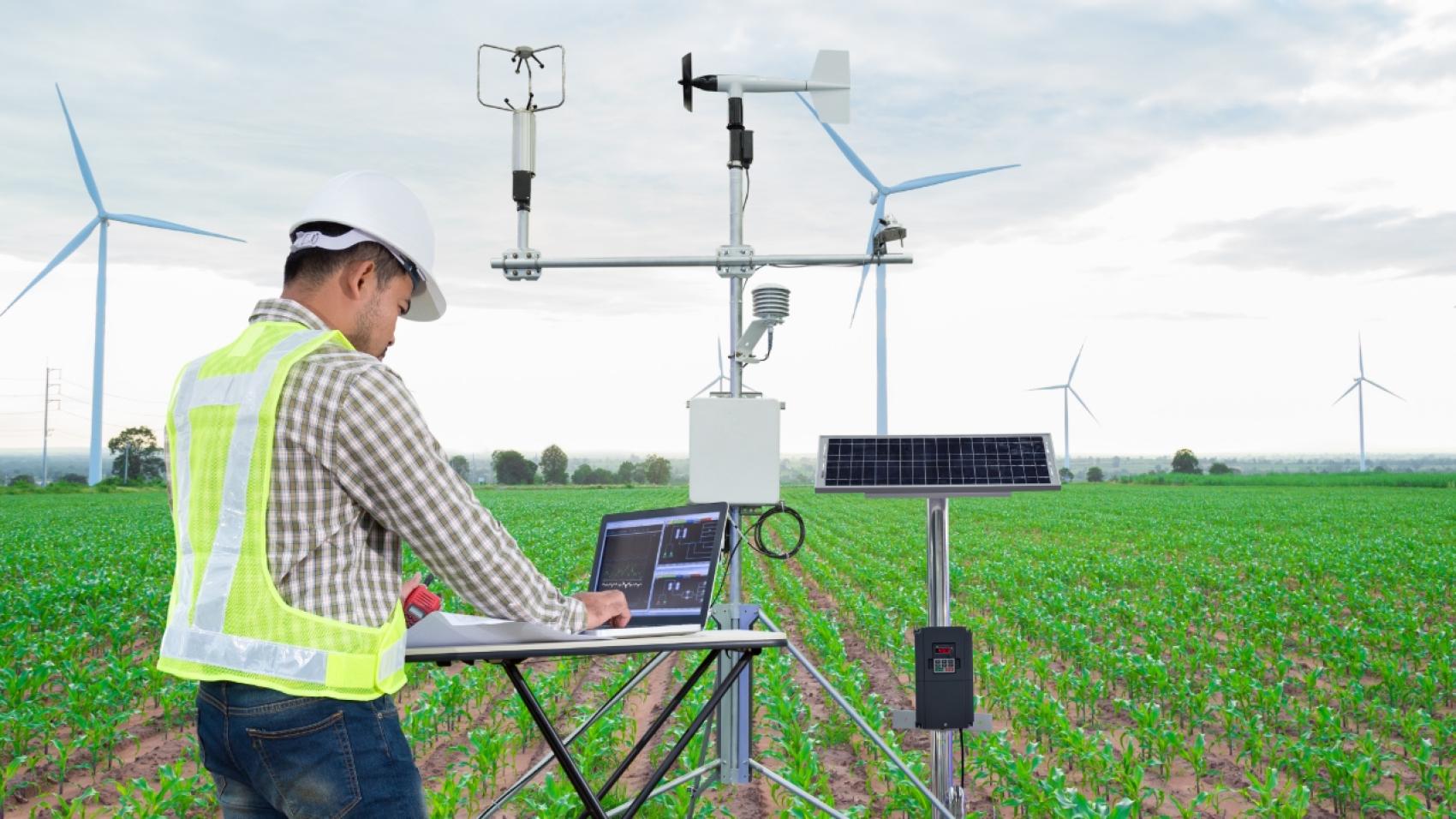

Delta Climate Center
Research
At Delta Climate Center we combine comprehensive, practice-oriented, and scientific research. Our main themes are: sustainable food, water safety and water availability, and circularity.
Research
All our activities contribute to advancing regional transitions towards sustainable, climate-resilient and prosperous delta regions. In order to keep deltas safe and flourishing in the future, we must understand the interplay of climate change, sea level rise, biodiversity change and sustainability challenges in the areas of energy, nitrogen and nature. At the Delta Climate center we focus in particular on the interrelations between different regional transitions.
Our projects and activities evolve around themes that are important for the Zeeland delta: sustainable food, water safety and water availability, and circularity. These three topics are linked closely to one cross-cutting theme: accelerating regional transitions.
In 2024, we will start with three so-called iconic projects.
- Delta protein; about food from the sea.
- Flexible deltas; about nature-based solutions and how people and nature can work to increase climate resilience.
- ProceZ; about a propelling a circular and biobased economy in Zeeland.
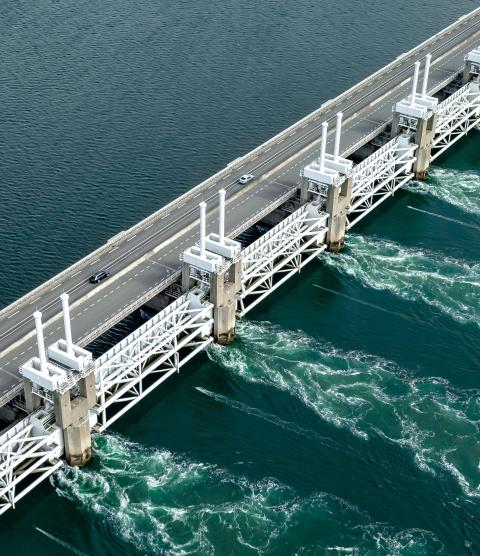
Water safety and availability
What measures are needed in Zeeland to become climate-proof and water-robust by 2050?
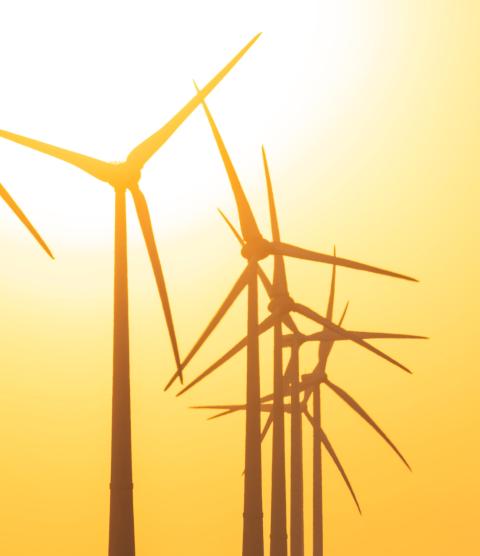
Methods and tools
The Delta Climate Center applies various methods and tools to accelerate regional transitions
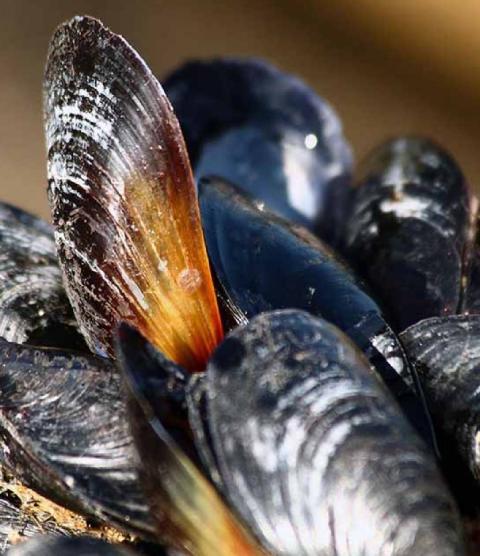
Sustainable food
What consequences does climate change have on the production of sustainable food in the Zeeland delta?
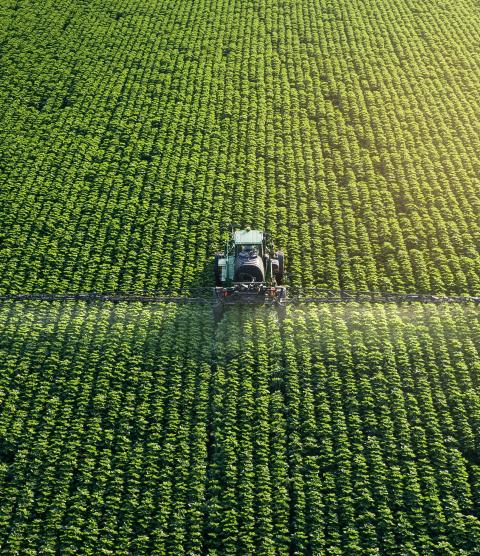
Circularity
How can we speed up the transition towards a circular and bio-based economy in Zeeland?
